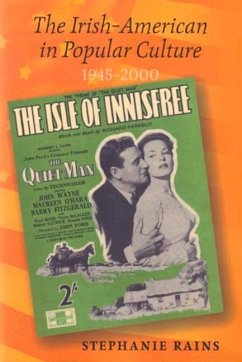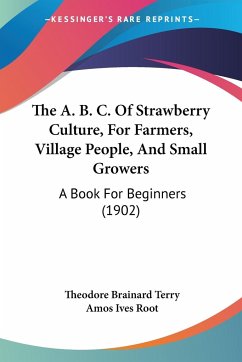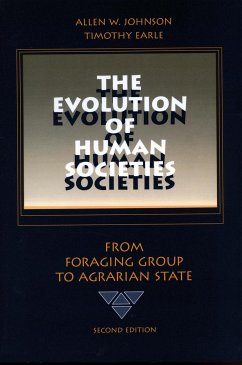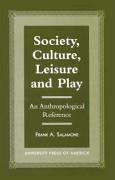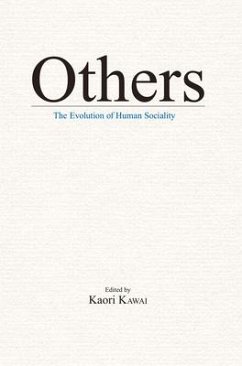
The Evolution of Culture, and Other Essays

PAYBACK Punkte
11 °P sammeln!
Explore the foundations of cultural anthropology with Augustus Henry Lane-Fox Pitt-Rivers's seminal work, "The Evolution of Culture and Other Essays." A cornerstone of social science, this collection delves into the fascinating study of cultural evolution, examining the trajectory of social progress through the lens of material culture and ethnology. Pitt-Rivers, a pioneering figure in anthropology, presents insightful essays that explore the development of human societies and their customs. This thought-provoking volume offers a window into the origins of anthropological thought, tracing the ...
Explore the foundations of cultural anthropology with Augustus Henry Lane-Fox Pitt-Rivers's seminal work, "The Evolution of Culture and Other Essays." A cornerstone of social science, this collection delves into the fascinating study of cultural evolution, examining the trajectory of social progress through the lens of material culture and ethnology. Pitt-Rivers, a pioneering figure in anthropology, presents insightful essays that explore the development of human societies and their customs. This thought-provoking volume offers a window into the origins of anthropological thought, tracing the intricate connections between social structures, traditions, and the objects that define a culture. A vital resource for anyone interested in understanding the development of societies and the enduring influence of our shared human heritage. Revisit this historically significant work and discover the roots of modern anthropological study. This work has been selected by scholars as being culturally important, and is part of the knowledge base of civilization as we know it. This work is in the public domain in the United States of America, and possibly other nations. Within the United States, you may freely copy and distribute this work, as no entity (individual or corporate) has a copyright on the body of the work. Scholars believe, and we concur, that this work is important enough to be preserved, reproduced, and made generally available to the public. We appreciate your support of the preservation process, and thank you for being an important part of keeping this knowledge alive and relevant.





